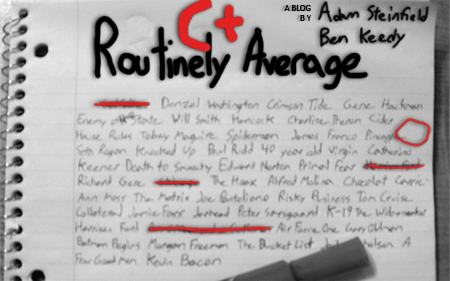The basic plot of the movie is very existential. A knight and his squire return to Sweden from the crusades with their faith destroyed by decades of holy war. The film opens on the shoreline of Sweden where the knight learns that Death is coming for him. In a desperate ploy for more time, Antonius Block challenges Death to a literal game of chess for his life. The longer he can hold off Death in the board game, the longer he has to remain among the living. As he travels across the 14th century swedish countryside that has been ravaged by the black plague, Block meets various characters who throw in with him on his journey.
This movie is essentially about a search for God. Block cannot believe that God might not exist, or even that He is absent while humans endure so much suffering. And so, Block relentlessly searches for a sign from Him. The knight's traveling companion, the surly, cynical, squire has no use for God anymore, but Block continues to search without hope, even as Death closes in.
Antonius Block is played by Max von Sydow in a career making performance. The noble and kind knight that is tormented by the lack of a creator. The pain he injects into Block is magnificent. Gunnar Bjornstrand is excellent as the faithful squire. He also provides much of the levity that makes the tremendous austerity of The Seventh Seal bearable. The beautiful Bibi Andersson, Bergman's frequent muse, also appears as an innocent wife and mother of a family that Block meets.
"Is it so terribly inconceivable to comprehend God with one's senses? Why does He hide in a cloud of half-promises and unseen miracles? How can we believe in the faithful when we lack faith? What will happen to us who want to believe but can not? What about those who neither want to nor can believe? Why can't I kill God in me? Why does He live on in me in a humiliating way -- despite my wanting to evict Him from my heart? Why is He, despite all, a mocking reality I can't be rid of."
27/30



I saw this film when I was too young to understand it (hence my reaction at the end of the film: "Huh?"). Maybe I should give it another try.
ReplyDeleteIt is pretty dense, but the cinematography alone makes it worth while. I definitely recommend giving it a second shot.
ReplyDelete